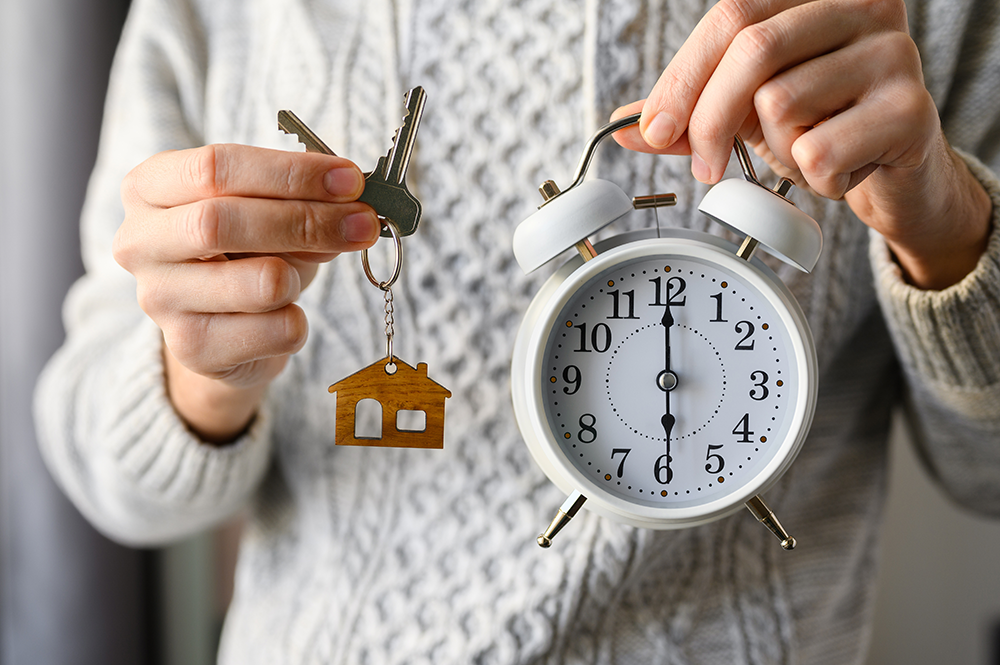As a future homeowner you may be wondering, what exactly is mortgage insurance and what is the purpose of it? Mortgage insurance is meant to protect mortgage lenders when a client defaults or cannot make payments on their home mortgage. Homebuyers with down payments of less than 20% are generally required to obtain mortgage insurance as part of their mortgage qualifications, as they are considered more “at risk” to default. The homebuyer will usually be required to pay an upfront premium as well as monthly premiums, which are usually included in their mortgage payments.
How much does mortgage insurance cost?
Mortgage insurance can cost anywhere between $50 and $400 per month. It all depends on the mortgage amount, your down payment, and where you live (rates vary by state). The larger your mortgage loan is, the more expensive your mortgage insurance will be because there’s a greater risk for lenders in these cases. Mortgage insurance rates can also vary depending on the mortgage insurer.
Why do I need to pay for mortgage insurance?
Mortgage insurance protects mortgage lenders in the event of a mortgage default, as it indemnifies them against losses. When lenders lend to applicants that are deemed “more risky”, mortgage insurance helps to offset the risk that the applicant may not be able to make their payments down the line. Mortgage insurance is required by mortgage lenders on most loan programs when the down payment is less than 20%, but there are some exceptions such as VA loans.
How does mortgage insurance work?
There are two main types of mortgage insurance, PMI and federal mortgage insurance.
Federal mortgage insurance is required for government loans like FHA and USDA loans, and usually covers up to 96.875% of the mortgage, which means that if your mortgage is worth $100,000 and you pay 20% down, your insurance will cover the remaining 80%. FHA loans have mortgage insurance premiums built into their mortgage rates and will usually require an upfront premium as well (for a total of two different premiums).
Homebuyers with a down payment of less than 20% must pay private mortgage insurance (PMI) each month until they reach the magic number of 20%. PMI costs the borrower monthly premiums that will typically be added to their mortgage payment while FHA loans have mortgage insurance premiums built into their mortgage rate. Your mortgage insurance requirements can vary depending on your loan type.
When do I stop paying mortgage insurance?
If you put down 20% or more on your mortgage (known as the magic number), then you will no longer have to pay private mortgage insurance. Federal mortgage insurance is paid until the final principal balance has been paid off and once this happens, the mortgage insurance is no longer required. If you choose to refinance a government loan like FHA or USDA, if you’ve built up over 80% equity, you may be able to eliminate mortgage insurance with the new refinanced loan.
Paying for mortgage insurance is an expense that many homebuyers are not aware of until they apply for a mortgage loan. If you are considering starting your home financing journey, then get started now!



